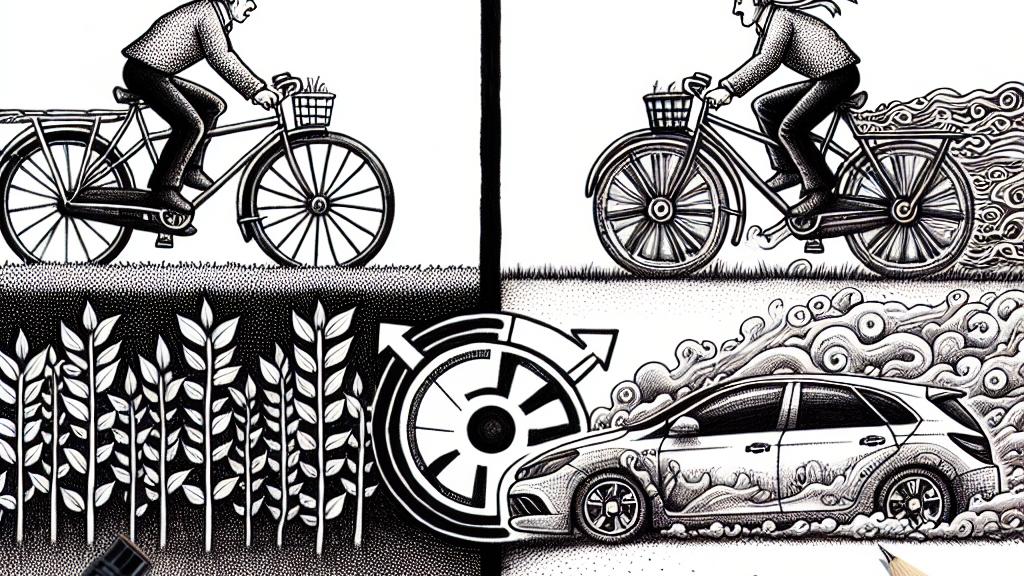Understanding Climate-Smart Agriculture: Opportunities and Challenges
Overview
- Delves into the critical importance of climate-smart agriculture (CSA) in today's world
- Highlights innovative strategies to combat climate change while improving food security
- Emphasizes the vital need for increased funding and resource efficiency in sustainable farming

The Urgency of Climate-Smart Agriculture
As we hurtle towards a global population of 9.7 billion by 2050, the importance of climate-smart agriculture (CSA) cannot be overstated. CSA is not just an option; it is a comprehensive framework that enables farmers to increase food production while actively fighting climate-related challenges. Think of it as shifting from a bike to a turbocharged car: one gets you places, but the other takes you there faster, cleaner, and more efficiently. Those who embrace CSA are essentially investing in a more sustainable future—both for themselves and the planet.
The Power of Collaboration in Driving Change
A standout point from Purdue University's report is the transformative power of collaboration. When farmers, scientists, and policy-makers unite, they can develop tailored solutions that resonate with specific communities. For example, in Brazil, coffee growers are combining traditional practices with modern technology to combat climate change effects, which demonstrates how indigenous knowledge can harmonize with scientific advancements. Just like a concert benefits from each musician’s unique contribution, the agricultural sector thrives when all stakeholders work in harmony to create innovative solutions.
Enhancing Efficiency through Smart Resource Management
Resource efficiency is at the heart of CSA's approach. Picture a vineyard embracing precision farming techniques: by closely monitoring soil moisture levels, the vineyard can optimize irrigation and avoid overuse of water and fertilizers. This isn't just theoretical; it’s a reality for countless farmers who are leveraging technology. Many are employing drones to assess crop health, much like a pilot navigating through clear skies, ensuring they make informed decisions that lead to higher yields. The success stories from apple orchards in New York to rice fields in Thailand showcase that wise management of resources can yield not only economic benefits but also ecological sustainability.
Data-Driven Insights Revolutionizing Decision Making
Purdue’s report underscores the game's changing role of real-time data in farming. Imagine a farmer equipped with a smartphone app that alerts them to an impending storm, allowing them to take preventative action. This ability to respond promptly can mean the difference between thriving crops and devastating losses. Similar to how GPS systems help drivers navigate efficiently, data analytics guide farmers to maximize productivity and minimize risks. These smart tools empower them to adapt swiftly, creating a more resilient agricultural framework that can withstand the uncertainty of climate impacts.
The Necessity of Financial Support and Policy Alignment
To unlock the full potential of climate-smart agriculture, strong financial backing and favorable policies are crucial. Currently, the agriculture sector, despite generating one-third of global greenhouse gas emissions, receives a paltry 4% of climate finance. This needs to change! We must foster a framework where financial incentives, like grants for sustainable practices or tax breaks for eco-friendly technologies, become the norm. Just as entrepreneurs require capital to grow their businesses, farmers need appropriate support to shift towards more sustainable practices that benefit both the environment and their bottom line.

Loading...